Colic refers to abdominal pain in horses, typically stemming from digestive system issues. While symptoms can range from mild to severe, it's important to note that the intensity of symptoms doesn't always correlate with the underlying condition's seriousness. A horse showing minimal discomfort might have a life-threatening condition, while one displaying dramatic symptoms might have a readily treatable issue. Although most cases can be managed with medication, approximately 10% require surgical intervention. Some cases may need hospitalization even when surgery isn't necessary.
Thanks to advances in veterinary medicine, including improved diagnostic techniques and surgical procedures, the survival rates for colic have increased significantly. However, treatment costs can be substantial, and some conditions may not be surgically correctable. For horses requiring surgery, early diagnosis and quick intervention are crucial for a positive outcome.
Recognizing Colic Symptoms
Mild Symptoms:
- Curling of the upper lip
- Looking at their sides repeatedly
- General uneasiness
- Scraping the ground with hooves
- Light sweating, particularly around the sides
Moderate Symptoms:
- Repeatedly attempting to urinate
- Alternating between standing and lying down
- Extended periods of lying on their side
Severe Symptoms:
- Aggressive rolling
- Profuse sweating
- Rapid breathing patterns
- Self-inflicted injuries from thrashing
Source: Adapted from University of Liverpool Equine Hospital materials
Understanding Colic Causes
Colic symptoms typically arise from several primary issues:
- Intestinal distention from gas or feed buildup
- Gut displacement or twisting
- Reduced blood flow to digestive organs
- Intestinal muscle spasms
Sometimes, horses may show colic-like symptoms due to non-digestive issues, known as "false colic," which can stem from kidney, liver, or severe muscle problems.
Common Types of Colic
Impaction Colic
This occurs when feed material blocks the intestines, most commonly in the large colon where the digestive tract naturally narrows. Causes include:
- Poorly chewed rough feed (often due to dental problems)
- Inadequate water consumption
- Reduced gut motility from lack of exercise
- Foreign body obstruction
Gas Colic
Occurs when gut bacteria produce excessive gas, usually due to:
- Diet changes
- High sugar intake
- Disrupted digestive flora
The gas stretches the intestinal walls and may lead to displacement.
Displacement and Torsion
The horse's large colon can shift position or twist, potentially cutting off blood supply. While some displacements respond to medical treatment, torsions require immediate surgery to prevent tissue death and toxin release.
Strangulation
Often caused by fatty tumors wrapping around the small intestine, blocking blood flow. This requires rapid surgical intervention to prevent potentially fatal complications.
Sand Colic
Affects horses grazing on sandy soils. The accumulated sand:
- Weighs down the colon
- Irritates the intestinal lining
Often requires intervention for removal.
Prevention Strategies
- Provide constant access to fresh, clean water
- Feed small, frequent meals rather than large portions
- Maintain a high-fiber diet (at least 60% hay or equivalent)
- Inspect feed quality regularly
- Establish consistent exercise routines
- Make dietary changes gradually
- Maximize turnout time
- Schedule regular dental checkups
- Manage spring grass access carefully
- Avoid sandy grazing areas
- Follow a veterinarian-approved deworming program
- Maintain consistent daily routines
Source: Adapted from Blue Cross guidelines
Emergency Response
If you notice colic symptoms:
- For mild cases: Walk the horse for no more than 10 minutes
- If symptoms persist beyond 30 minutes or appear severe, contact your veterinarian immediately
- Remove access to food until veterinary assessment
- Monitor and document symptoms
Read more here



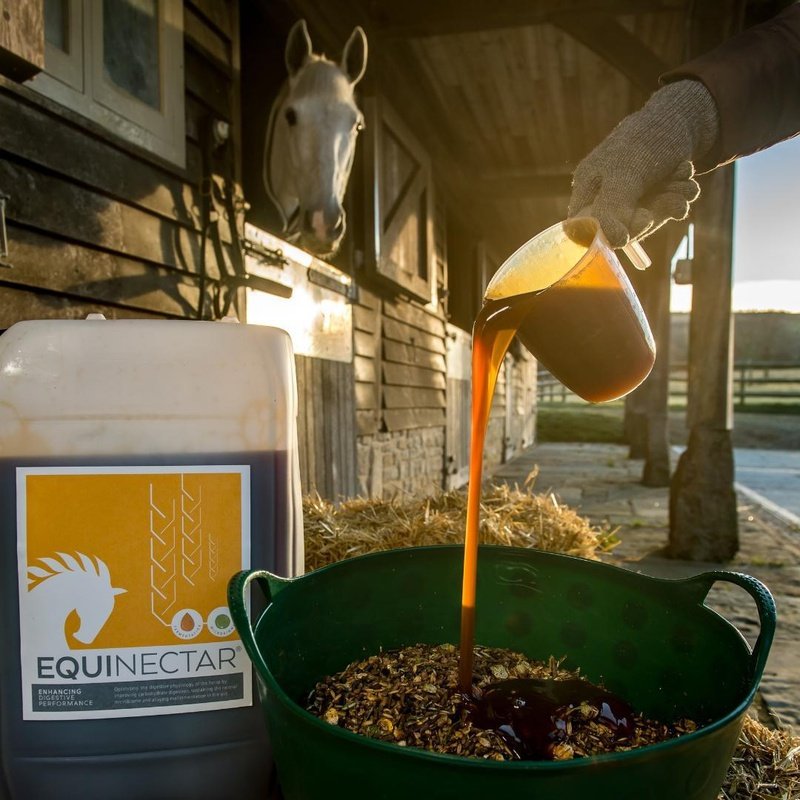
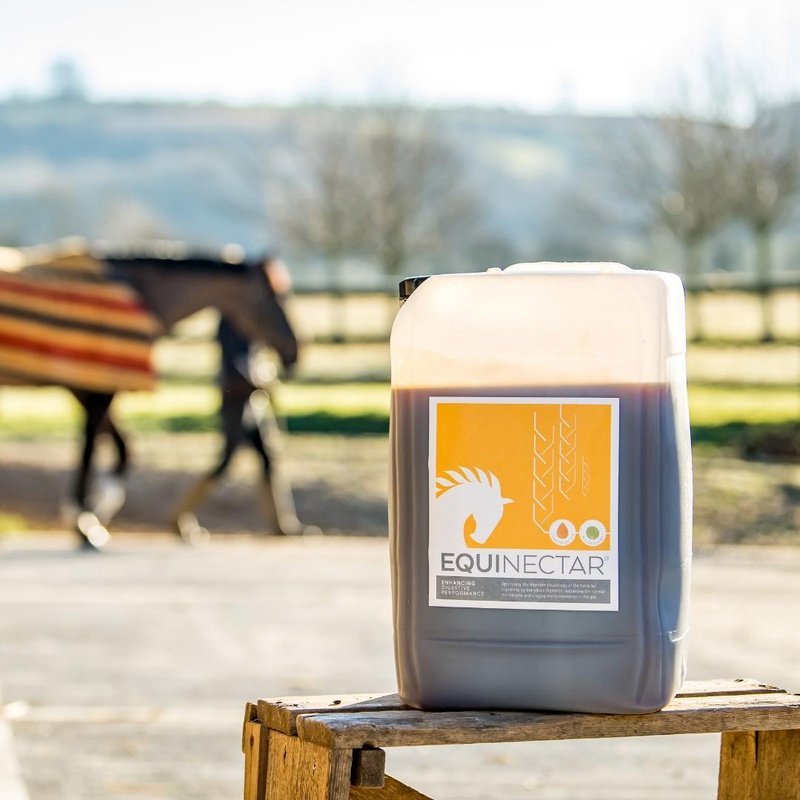
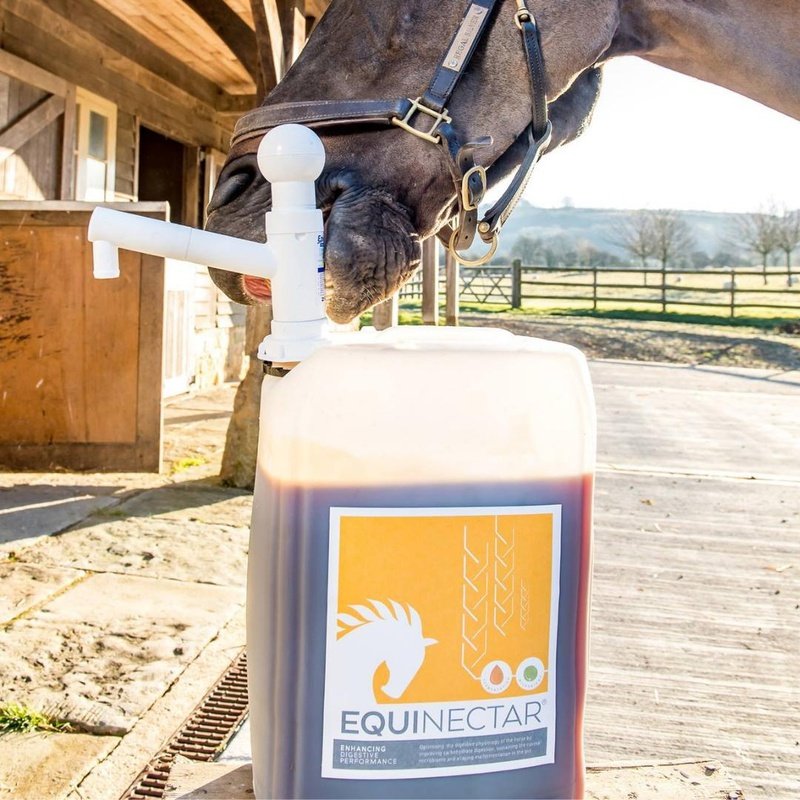
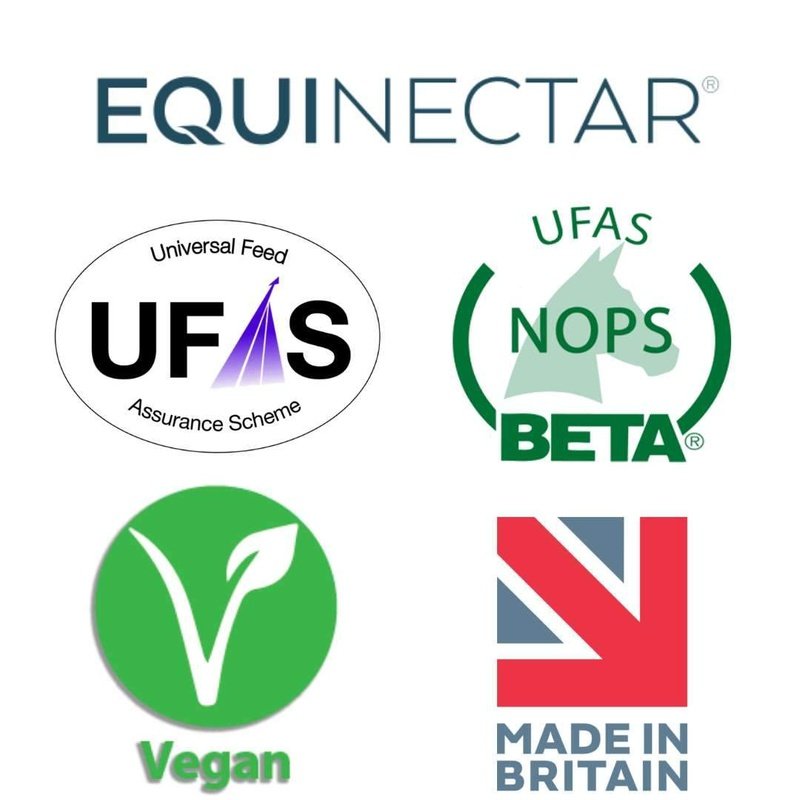
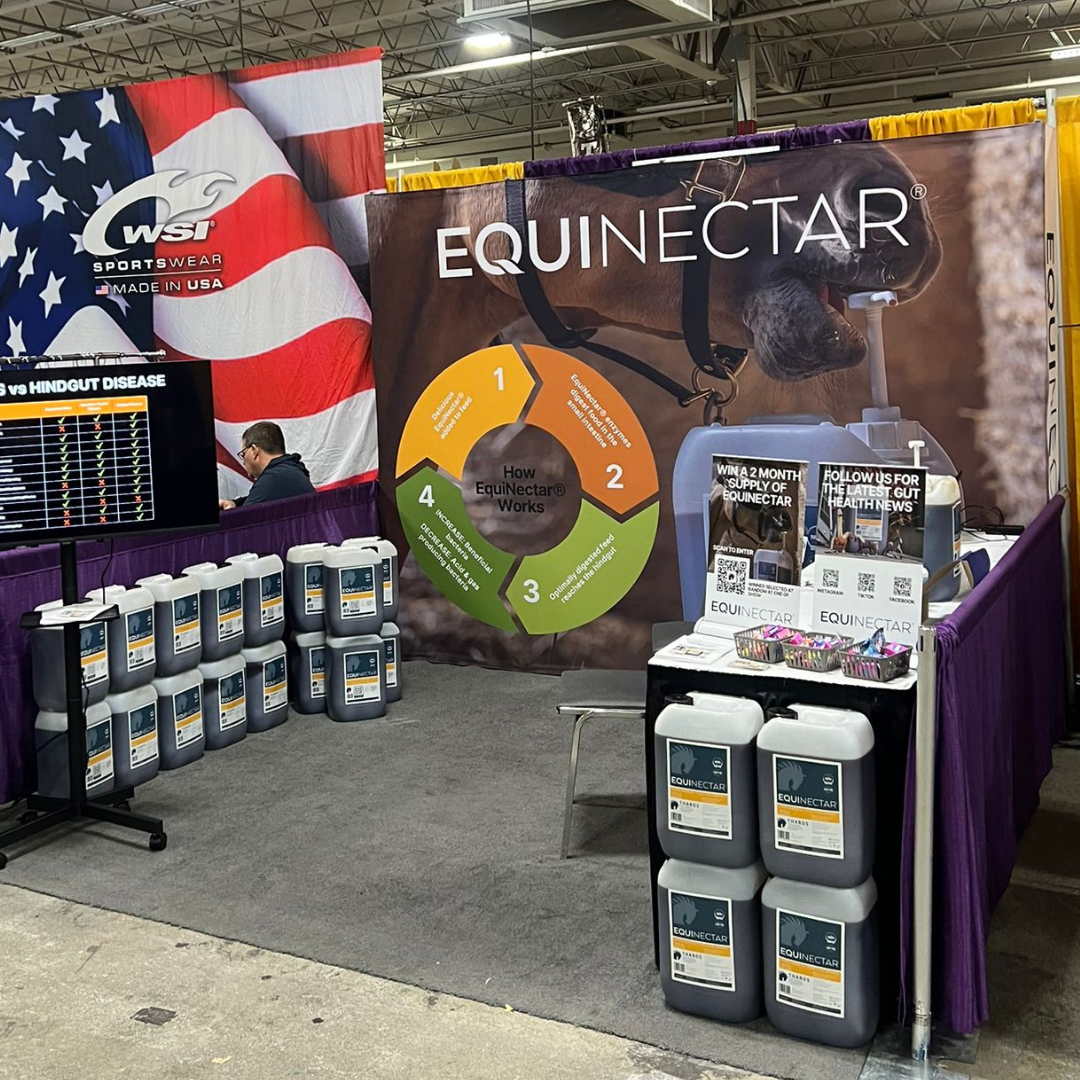

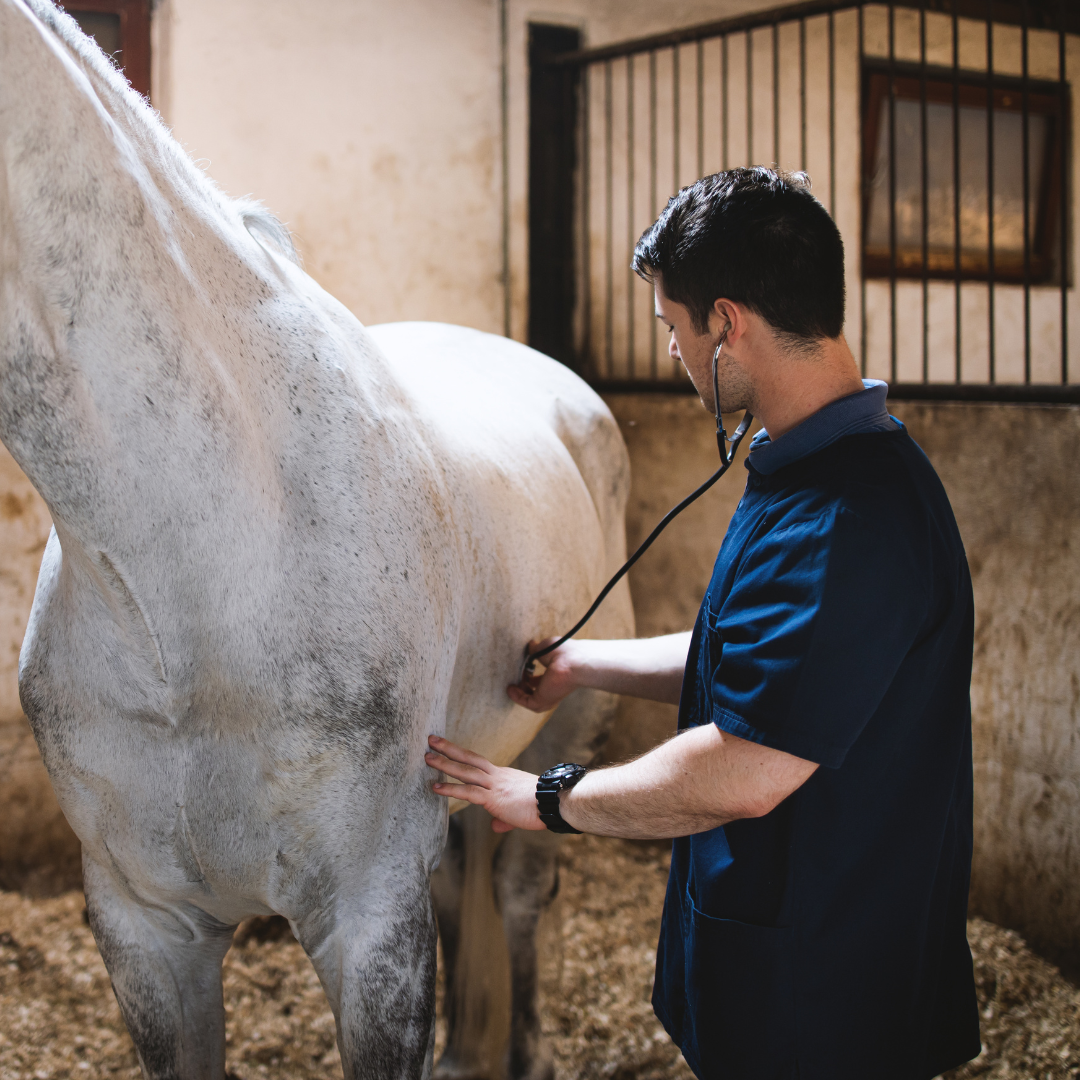
Share: